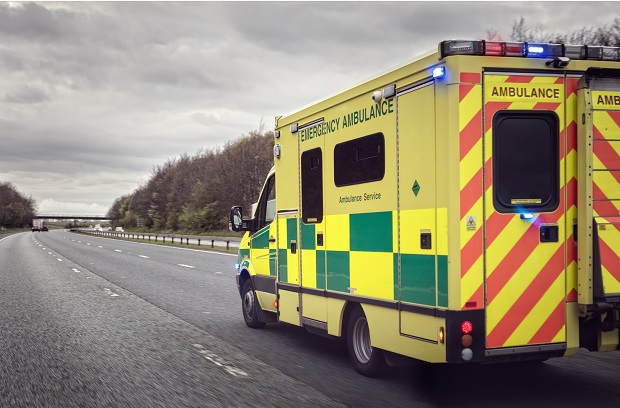Nokia has launched a bespoke version of the Android operating system as it looks to help first responders using mission-critical LTE.
The Finnish vendor has designed firmware specially dedicated for first responders equipped with Android handsets. The new firmware includes an interface that provides the emergency services with crucial information at a glance, as well as enhanced security, device data encryption and controlled access to the likes of app stores and other external services.
Nokia said it has also ensured the devices can work across multi-vendor networks and that it will provide local and launch support for when the devices are rolled out.
A further feature of the service is the rapid verification of mission-critical network coverage along major roads and railways through crowd-sourcing performance data.
It added one unnamed European operator has already deployed the software customisation and benefited from “reduced operational downtime risks”.
Earlier this year, ABI Research predicted that LTE would take on a much more important role in public safety networks from 2020.
Asad Rizvi, Head of Nokia’s Global Business Development in Global Services, said: “The success of moving to broadband-based critical communications requires deep technological and operational expertise.
“These new services address agency specific requirements to help public safety agencies rapidly adopt and take advantage of the possibilities of mission critical broadband.”
The previous month, Nokia released a “network in a backpack” in an attempt to bring connectivity to remote emergencies.



